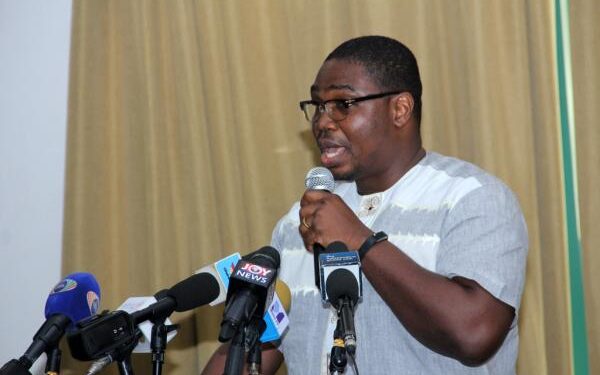Energy economist Ebenezer Baiden has defended the Electricity Company of Ghana’s (ECG) request for a 225% tariff increase, describing it as critical to recover the cost of major investments already made in the power sector.
“This request is not part of the routine minor adjustments ECG usually makes. It falls under the five-year tariff review, which considers structural changes and capital-intensive projects,” Baiden explained. The 2022–2025 multi-year tariff order is ending, and from 2026 to 2030, another cycle begins. Whatever investments are made within that period must be factored into the new tariffs.”
He stressed that under the Public Utilities Regulatory Commission’s (PURC) framework, utility companies must first pre-finance projects and bring them into service before applying for tariff adjustments.
“You have to visibly show that whatever you invested in is working and customers are benefiting before you can apply for a tariff increase,” he said.
Ebenezer Baiden revealed that ECG has relied on supplier credit and bank loans to finance its projects, which span from Techiman down south and cover more than 75% of electricity consumption in Ghana. “Our books are all in the red because of the heavy commitments made to expand the grid,” he said.
According to him, these investments have resulted in expanded distribution networks, improved low-voltage supply, and the installation of new transformers, leading to more stable power delivery.
He added that digitization efforts have also enhanced bill payment and fault reporting systems for customers.
“Currently, ECG’s share of the tariff is only 11%, while standard utility operations require between 30% and 35%. The majority, about 65% to 70%, goes to power generation companies,” Baiden noted.
Read More @ ATLFMNEWS.COM
Source: Deborah Benewaa Kwapong/ ATLFMNEWS

























